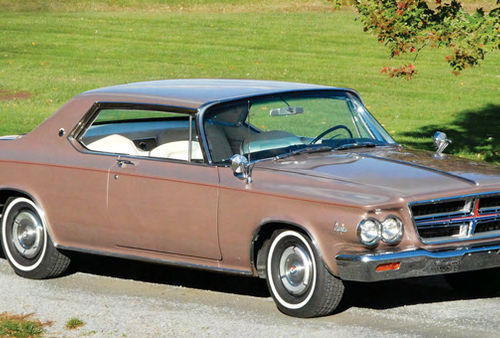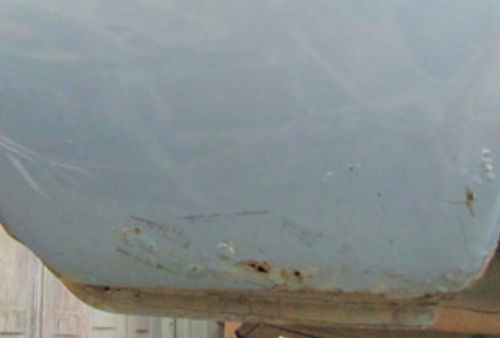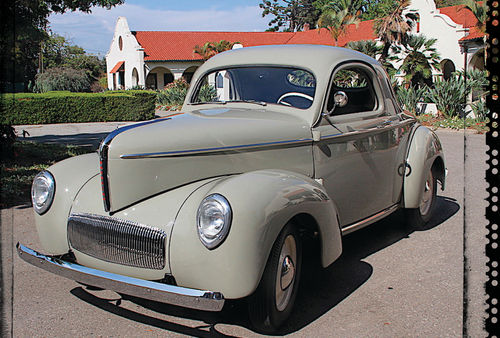Help me bleed my brakes on a Jeep CJ7
Question:
I have an ’81 CJ 7 Jeep with a 258 inline six in it, and I can’t bleed the brakes. The combination valve started leaking and couldn’t be fixed so—not being able to obtain a new one—I was informed that a’70s GM combination valve would work Cit looks similar).
The rear drum brake cylinders, front disc brake cylinders, front disc brake hydraulic calipers and master cylinder were all replaced. The brake hoses and most of the steel lines were replaced as a precaution too. The master cylinder was bench bled. I used reverse and suction bleeding methods, and also gravity and pressure bleeding.
I managed to get the rear brakes working with pressure, but the new combination valve leaked out the front pinhole. I read somewhere that this pin has to be pulled forward .060" to bleed the front calipers. That is the kind of thing I haven't tried. I also read that there is a tool for a type W combination valve PN268689 (according to the CJ7 Jeep Haynes repair manual). Where is this tool available, and if it is not, what can I do to fix this problem?
Answer:
Given the fact that you have replaced 2 most of the system, the problem could be any of several things.
To begin with, if the back brakes are working but the fronts are not, there is a possibility that the free play adjusted into the brake pedal is not sufficient to allow the front port of the master cylinder going to the front brakes to open properly. Adjust the free play to the specification in your shop manual (usually about 1 34") and see if the front brakes will pump up and hold after bleeding.
If you have problems after that, clamp off the rubber hoses to the front brakes and see if the rear brakes have a firm pedal. That will tell you whether the problem is in the front or the rear. You can also clamp off the rear hose to see if you are having problems at the front cylinders.
As for those new, after-market combination valves, problems with them are not uncommon because they are usually imported, so quality control can be an issue.
Regarding the tool you mentioned, it is obsolete, unnecessary and no longer made. Take the valve back to the dealer and explain the situation to them. They should replace it with a good one. It should not leak at all.
Finally, you will need to bleed the brakes at each cylinder using plastic tubing from the wheel cylinder into a jar with a little brake fluid in it so you can see when you get the air out, and so you won't run the risk of sucking air back in. The old approach of crack and bleed in the driveway is often not enough to clear the lines of air. It will just push the bubbles back and forth in the lines and accomplish nothing.
I consulted with my friend Vince Bunting at C.H. Topping & Co. Performance Brakes. He runs the best brake shop in Southern California and does all kinds of classics and exotics. If you need further information: http://chtopping.com/















